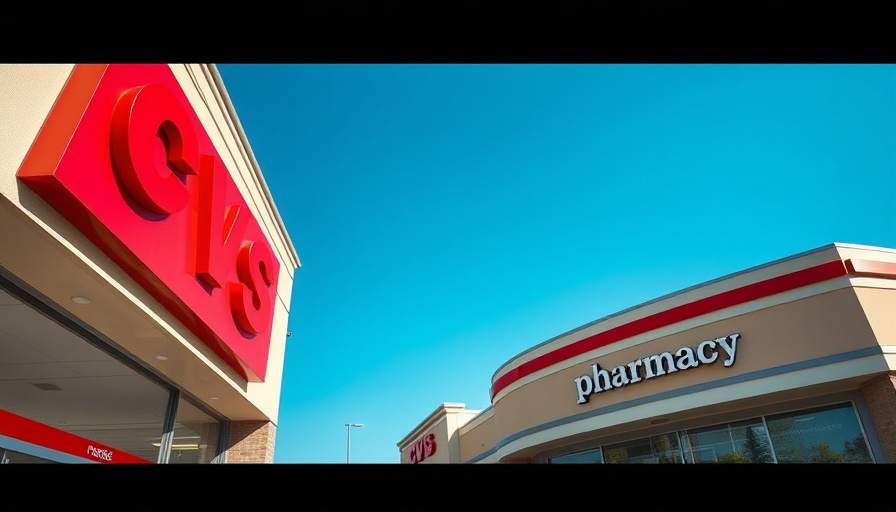
What CVS's Sale Means for Medicare Beneficiaries
The recent sale of CVS's Medicare Shared Savings Program business to Wellvana marks a significant shift in value-based care. This all-stock deal gives CVS a minority stake in Wellvana, now a major player serving approximately one million Medicare beneficiaries across 40 states. This acquisition aims to enhance the quality and coordination of care, aiming for results that could lead to further reductions in unnecessary healthcare spending, which saved the government an impressive $2.1 billion in 2023.
The Growing Importance of Value-Based Care
Value-based care is transforming the healthcare landscape, emphasizing patient outcomes over service volume. The Shared Savings Program (MSSP) underlines this trend by mandating providers to operate in accountable care organizations (ACOs), wherein they share financial risks and rewards based on the care's efficiency and effectiveness. As more healthcare systems gravitate towards this model, understanding its functionalities becomes pivotal for beneficiaries seeking enhanced care without inflated costs.
Exploring the Impact on Health Services
With Wellvana's acquisition, CVS aims to solidify its position amid increasing operational costs while maintaining a focus on patient-centric healthcare solutions. Notably, even after divesting MSSP, CVS continues to emphasize value-based care through other avenues such as Oak Street Health and ACO contracts with Aetna.
How This Affects Consumers
For consumers, especially those managing chronic conditions or exploring holistic solutions, this transition could mean more integrated and effective healthcare experiences. Value-based care models could foster improved communication and smoother navigation through the healthcare system, leading to better health outcomes and potentially lower premiums.
Preparing for the Future of Healthcare
This deal highlights a broader shift in the healthcare system towards collaborations that prioritize the patient's experience and the overall efficiency of care delivery. As consumers, staying informed about how these changes impact access and quality of care is essential. It also calls for adaptation from healthcare providers to meet evolving standards.
As the healthcare landscape continues evolving, consumers are encouraged to actively engage with their healthcare providers to ensure their needs are met effectively. Keeping abreast of these transformations enhances personal health management and could improve overall quality of life.
 Add Row
Add Row  Add
Add 




 Add Row
Add Row  Add
Add 



Write A Comment